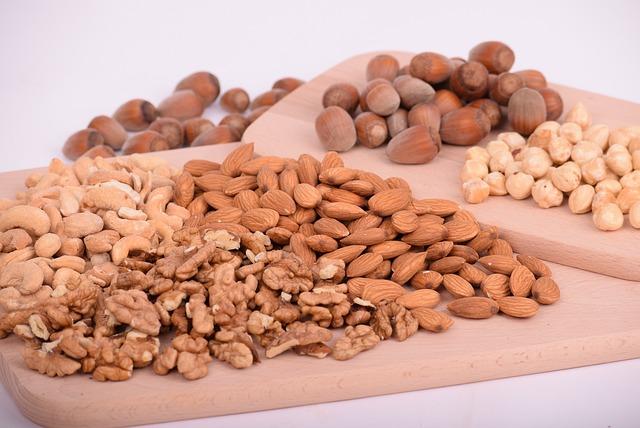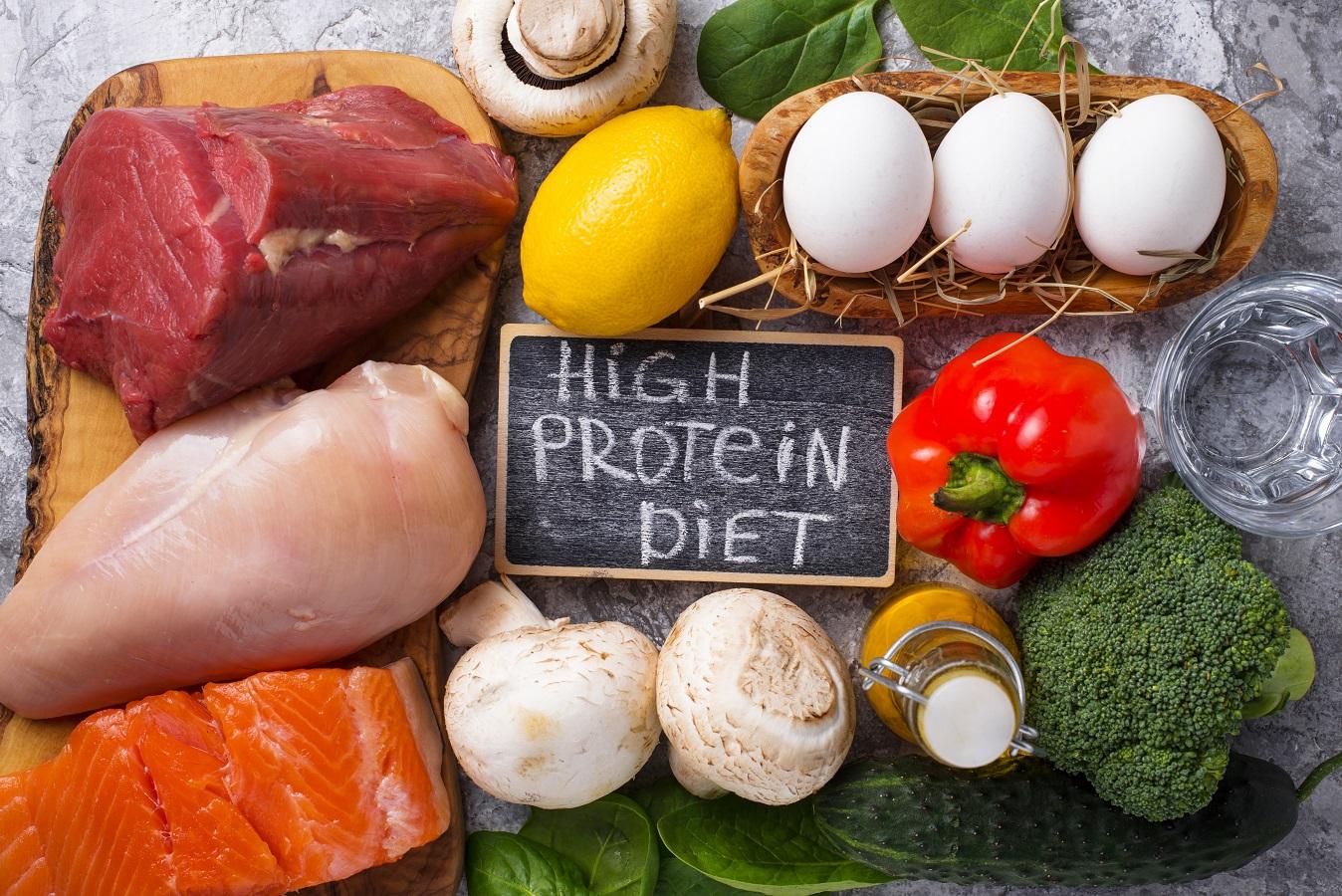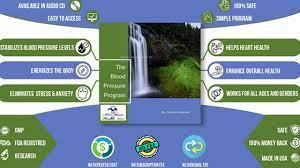In the ever-evolving landscape of nutritional science, the question of dietary protein has taken center stage, captivating the attention of health enthusiasts and casual dieters alike. From the aisles of grocery stores lined with protein-packed products to the fervent debates echoing through online forums, the notion of a high-protein diet has become both a celebrated and scrutinized phenomenon. But as we sift through the myriad of claims and counterclaims, one fundamental question arises: Is a high-protein diet truly necessary for optimal health? Join us as we unravel the protein puzzle, exploring the science, the myths, and the practical implications of this dietary trend. Whether you’re a seasoned athlete, a wellness seeker, or simply curious about your nutritional needs, this exploration promises to shed light on one of the most talked-about topics in the world of nutrition.
Exploring the Role of Protein in Modern Nutrition
In recent years, protein has emerged as a superstar in the world of nutrition, capturing the attention of health enthusiasts and professionals alike. The allure of protein lies in its multifaceted role in the body, from building and repairing tissues to serving as a vital component in enzymes and hormones. But as its popularity skyrockets, so does the debate: is a high-protein diet truly necessary for optimal health? The answer isn’t as straightforward as one might think. While protein is undeniably essential, the required amount can vary greatly depending on individual factors such as age, activity level, and overall health goals.
Consider the following when evaluating your protein needs:
- Age and Gender: Protein requirements can differ based on age and gender, with older adults and males often needing slightly more.
- Activity Level: Athletes or those with physically demanding lifestyles may require increased protein intake to support muscle repair and growth.
- Dietary Preferences: Vegetarians and vegans may need to pay closer attention to their protein sources to ensure they are getting all essential amino acids.
- Health Conditions: Certain medical conditions might necessitate adjustments in protein consumption, either increasing or decreasing it based on specific health needs.
Ultimately, while protein is a crucial element of a balanced diet, the notion that more is always better isn’t universally applicable. Striking a balance that aligns with one’s unique dietary needs is key to leveraging the benefits of protein without overindulgence.
Balancing Macronutrients: How Much Protein Do You Really Need
When considering dietary protein, it’s crucial to understand that the ideal amount varies based on factors like age, activity level, and overall health goals. Protein plays a vital role in muscle repair, immune function, and the production of enzymes and hormones. While some advocate for a high-protein diet, it’s important to remember that more isn’t always better. An average sedentary adult should aim for about 0.8 grams of protein per kilogram of body weight. However, those engaging in regular strength training or endurance activities might need to increase their intake to support muscle growth and recovery.
- For athletes: Consuming between 1.2 to 2.0 grams per kilogram of body weight can enhance performance and recovery.
- For older adults: A slightly higher intake can help prevent muscle loss associated with aging.
- For weight management: Including protein-rich foods can promote satiety, reducing overall calorie intake.
Ultimately, it’s about finding a balance that aligns with your lifestyle and health objectives. Listening to your body’s needs and consulting with a nutritionist can help tailor a protein intake that supports your unique journey. Remember, quality matters too—opt for a variety of protein sources like lean meats, dairy, legumes, and nuts to ensure a comprehensive nutrient profile.

Debunking Myths: Separating Fact from Fiction in Protein Consumption
In the world of nutrition, protein often takes center stage, but how much do we really need? Contrary to popular belief, a high-protein diet isn’t universally necessary for everyone. While athletes and bodybuilders might benefit from increased protein intake, the average person can meet their nutritional needs without overloading on protein-rich foods. Here are some common misconceptions surrounding protein consumption:
- More Protein Equals More Muscle: Consuming excess protein doesn’t automatically translate to increased muscle mass. Muscle growth is a result of a balanced diet, regular strength training, and sufficient recovery time.
- Protein is Only Found in Meat: While meat is a well-known protein source, plant-based options like beans, lentils, and quinoa also provide ample protein, supporting diverse dietary preferences.
- High-Protein Diets Aid Weight Loss: Though protein can help with satiety, a balanced diet rich in whole foods and mindful portion control is more sustainable for long-term weight management.
Understanding the role of protein in our diets allows for more informed choices, ensuring that nutritional decisions are based on facts rather than myths.

Personalizing Protein Intake: Tailoring Diets for Individual Needs
While the buzz around high-protein diets continues to capture the health-conscious community, it’s essential to recognize that individual protein needs can vary significantly. Factors such as age, activity level, and health goals play a crucial role in determining the right amount of protein for each person. For instance, an athlete focusing on muscle building may require more protein compared to someone with a sedentary lifestyle. Similarly, older adults might need increased protein to maintain muscle mass and support overall health. Understanding these nuances allows for a more personalized approach to protein intake, ensuring each individual receives the nutrients they need without overloading their system.
When tailoring your protein consumption, consider the following:
- Activity Level: Active individuals generally require more protein to repair and build muscle tissue.
- Dietary Preferences: Vegetarians and vegans might need to combine various plant-based sources to meet their protein requirements.
- Health Goals: Weight loss, muscle gain, or maintenance each have different protein demands.
- Age and Gender: Nutritional needs can shift with age and differ between genders.
By evaluating these factors, you can customize your protein intake to align with your lifestyle and health objectives, ensuring optimal nutrition and well-being.
Future Outlook
As we navigate the culinary landscape, the question of whether a high-protein diet is necessary remains a topic of ongoing exploration. The journey through the world of proteins, from lean meats to plant-based sources, reveals a tapestry of dietary choices that cater to diverse needs and preferences. While protein undeniably plays a vital role in our bodily functions and overall health, the key lies in understanding individual requirements and striking a balance that harmonizes with one’s lifestyle and goals. Whether you’re a fervent fitness enthusiast or someone seeking nutritional harmony, the answer may not be a one-size-fits-all. Instead, it’s an invitation to listen to your body, consult with nutrition experts, and tailor a diet that nourishes not just the body, but the soul. the dialogue about protein isn’t just about necessity—it’s about crafting a mindful approach to nourishment that supports a vibrant and balanced life.


































